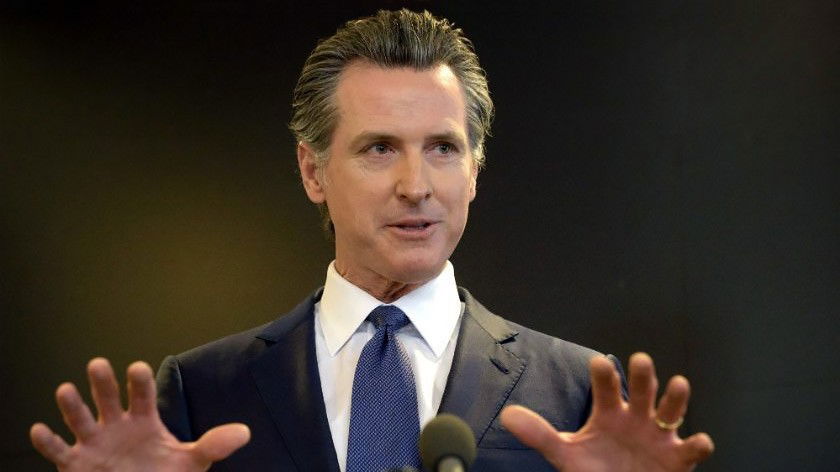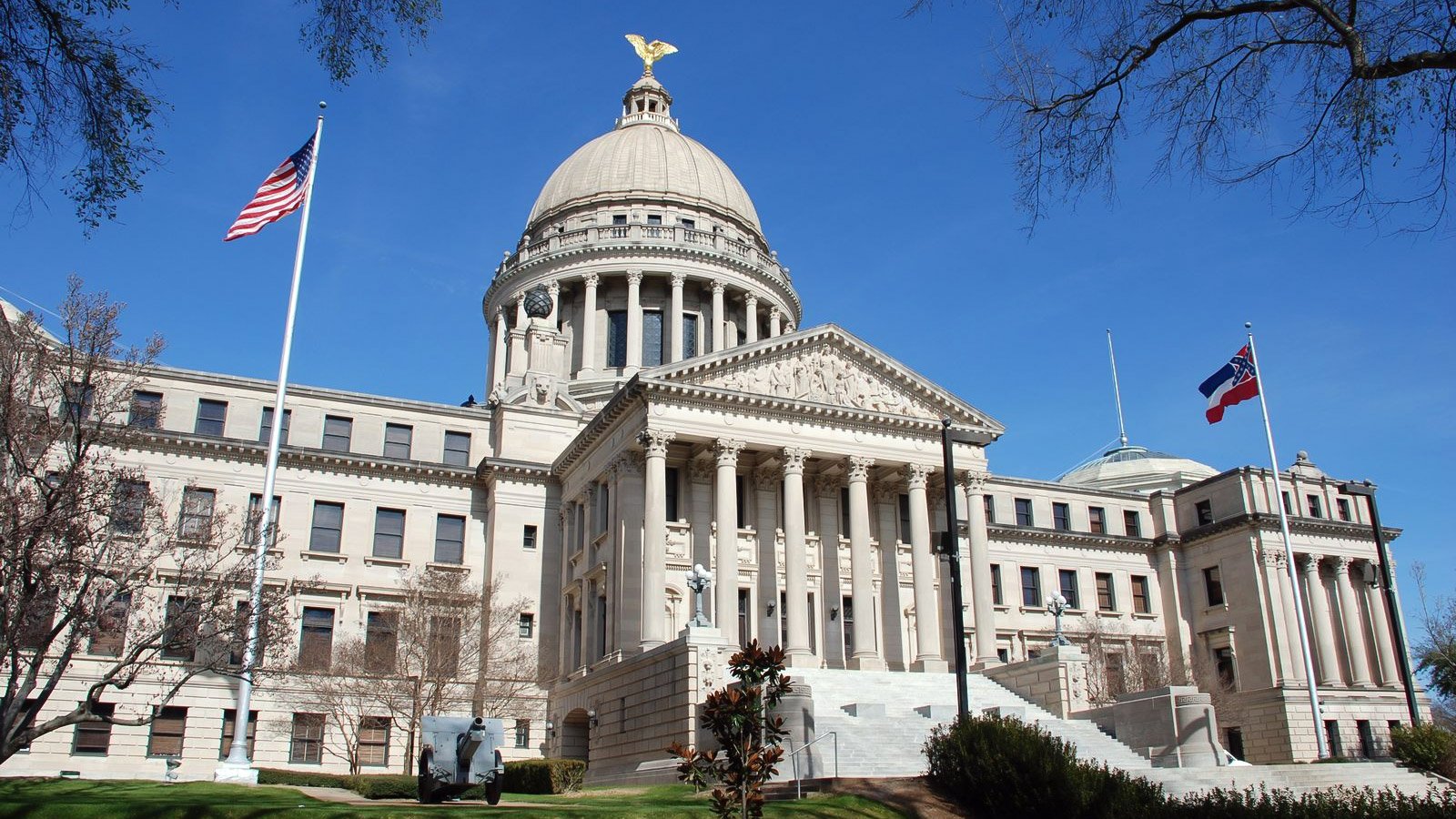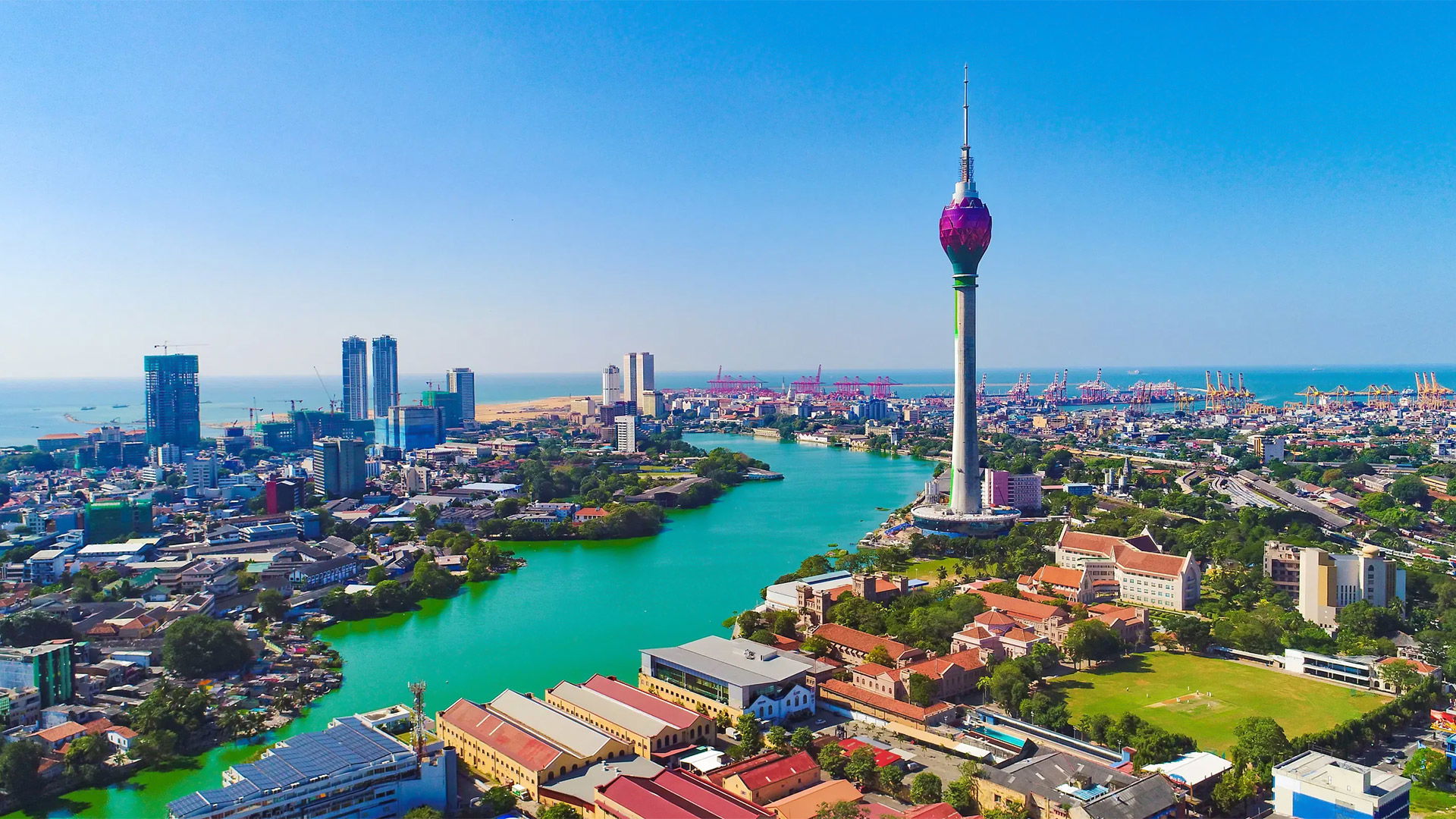California Governor signs 6 new tribal-state gaming compacts

California’s Governor Gavin Newsom announced Tuesday, August 24 that he has signed tribal-state gaming compacts between the State of California and the Cahto Tribe of the Laytonville Rancheria, the Ewiiaapaayp Band of Kumeyaay Indians, the Picayune Rancheria of Chukchansi Indians, the Resighini Rancheria, the Sherwood Valley Rancheria of Pomo Indians and the Table Mountain Rancheria.
Each of these new compacts intend to, as published in an official statement “reflect the Governor’s and the tribes’ mutual commitment to a strong and respectful government-to-government relationship, and to promoting tribal economic development, tribal self-sufficiency and a strong tribal government”.
The compacts’ terms respect the parties’ interest in improving the quality of life of tribal members through a framework that generates revenue for governmental programs, while also regulating the gaming activities, bearing in mind patron and employee protections, including public health and safety standards.
The California minimum wage rate and workers’ compensation is also contemplated, as well as providing an environmental review process to address potential off-reservation impacts of a tribal gaming facility.
Furthermore, the compacts support tribal investment in expanded tribal government services, local jurisdictions and non-profit and civic organizations for improved fire and emergency medical services, law enforcement, low income housing, public transit, education, environmental protection and other public service and infrastructure improvements.
“The compacts reflect a commitment by the tribes to revenue sharing with non-gaming and limited gaming tribes through the Revenue Sharing Trust Fund and the Tribal Nation Grant Fund, so that the economic benefits of gaming extend to all tribal governments in California”, the official statement concluded.
The full compacts are:
- Table Mountain Rancheria
- Cahto Tribe
- Sherwood Valley Rancheria of Pomo Indians
- Picayune Rancheria of Chukchansi Indians
- Resighini Rancheria
- Ewiiaapaayp Band of Kumeyaay Indians
The implications for The Picayune Rancheria of the Chukchansi Indians
For the Picayune Rancheria of the Chukchansi Indians, this compact directly implies a new gaming pact that will allow for the expansion of its Coarsegold casino, while protecting casino patrons and employees, according to a statement released by the tribe on Thursday.
The 25-year agreement allows Chukchansi Gold Resort & Casino to operate 3,500 gaming devices, which doubles the current limit, and includes new terms to support non-gaming tribes and tribes with smaller gaming facilities.
“Throughout the negotiations the Tribal Council worked tirelessly to protect our sovereignty, and this new compact will provide for the expansion of our gaming business,” said tribal Chairwoman Claudia Gonzales. “After years of tough negotiations, we reached an agreement that will ensure Chukchansi Gold remains the premier gaming resort in the region.”
This comes after about a month after the tribe signed a new agreement with Madera County to increase sheriff and fire protection services on Chukchansi lands, including the tribe's casino and the surrounding community. Under its terms, the tribe will pay for the additional services and will be allowed to incorporate cannabis into its economic development strategy.

















































